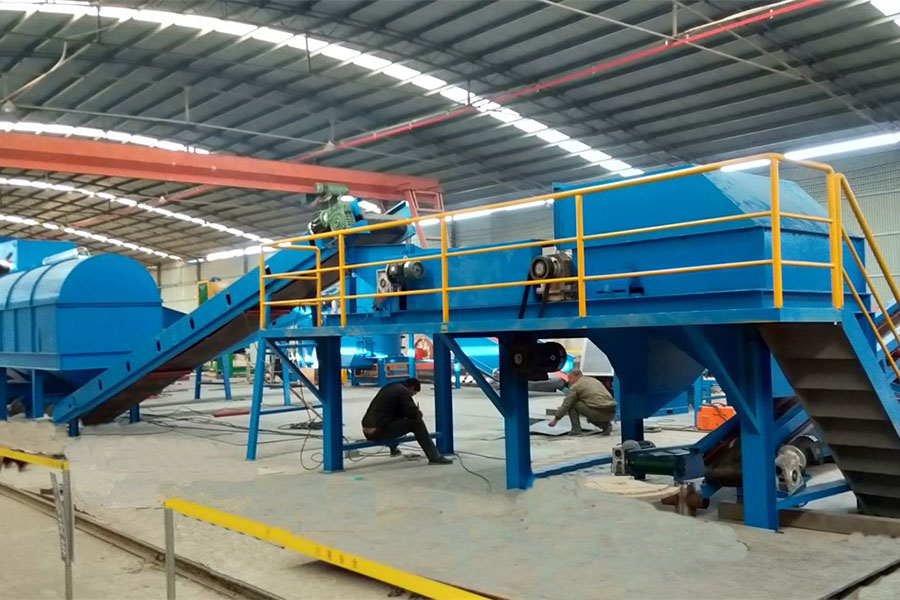

nov . 20, 2024 12:13 Back to list
The Role of Metal Recycling Shredders in Sustainable Waste Management
In an era where environmental sustainability is becoming increasingly important, the recycling industry has risen to meet the challenge of waste management. Among the key players in this sector are metal recycling shredders, which play a crucial role in processing scrap metal and contributing to a circular economy. These powerful machines not only enhance the efficiency of metal recycling but also offer a plethora of environmental and economic benefits.
Understanding Metal Recycling Shredders
Metal recycling shredders are industrial machines designed to process large volumes of metal waste. They are capable of shredding a variety of materials, including aluminum, steel, copper, and other non-ferrous metals. By reducing the size of these materials, shredders facilitate easier transportation and further processing, making them indispensable in recycling facilities.
These machines come in various types and configurations, including single-shaft, double-shaft, and multi-shaft shredders. Each design has its own advantages, with specific applications depending on the type and size of the metal to be shredded. For instance, single-shaft shredders are commonly used for bulk materials, while multi-shaft shredders provide a finer output ideal for more complex metal structures.
The Importance of Metal Recycling
Recycling metal is critical for several reasons. Firstly, it conserves natural resources. Mining for metals is an energy-intensive process that can lead to environmental degradation. By recycling, we reduce the need for new raw materials, thereby conserving energy and minimizing the environmental impact associated with mining.
Secondly, recycling metals significantly reduces greenhouse gas emissions. The process of melting and refining ore emits substantial amounts of CO2, a leading contributor to climate change. In contrast, recycling metals requires considerably less energy, resulting in lower emissions. According to studies, recycling aluminum can save up to 95% of the energy required to produce new aluminum from bauxite ore.
Additionally, recycling metals contributes to waste reduction. Metal waste often ends up in landfills, contributing to pollution and the depletion of available land. By shredding and recycling metal, we divert waste from landfills and promote more sustainable waste management practices.

How Shredders Enhance the Recycling Process
Metal shredders improve the efficiency of the recycling process in multiple ways. Firstly, they create a uniform size of metal scraps, which is crucial for downstream processing. A consistent size allows for more efficient melting, reducing energy usage and saving time in the recycling chain.
Moreover, shredders help in separating different types of metals. By shredding metal waste, recyclable materials can be easily sorted, enabling facilities to maximize the recovery of valuable metals. Advanced shredding technologies often include magnetic separators and air classifiers, further enhancing the separation process.
Shredders also contribute to increased safety in recycling facilities. By breaking down large and potentially hazardous metal structures into smaller pieces, they minimize the risk of accidents and create a safer working environment for employees.
Economic Benefits
The economic implications of metal recycling shredders are significant as well. By enabling the efficient processing of metal waste, these machines help companies lower operational costs. The revenue generated from selling recycled metals often offsets the costs associated with purchasing new raw materials. This economic cycle not only benefits businesses but also supports local economies, contributing to job creation and sustainable growth.
Conclusion
In conclusion, metal recycling shredders are fundamental components of the modern recycling industry. They facilitate the transformation of scrap metal into valuable resources, promoting environmental sustainability and economic efficiency. As we move toward a more sustainable future, the importance of these machines will only continue to grow. By investing in advanced shredding technologies, businesses can enhance their recycling operations, reduce their carbon footprint, and contribute to a healthier planet. Embracing metal recycling is not just a choice; it's a necessity for a sustainable future.
Latest news
Troubleshooting Common Eddy Separator Problems
NewsJul.04,2025
The Role of Metal Recycling Plants in Circular Economy
NewsJul.04,2025
The Impact of Recycling Line Pickers on Waste Management Costs
NewsJul.04,2025
Safety Features Every Metal Shredder Should Have
NewsJul.04,2025
How Industrial Shredders Improve Waste Management Systems
NewsJul.04,2025
How Cable Granulators Contribute to Sustainable Recycling
NewsJul.04,2025